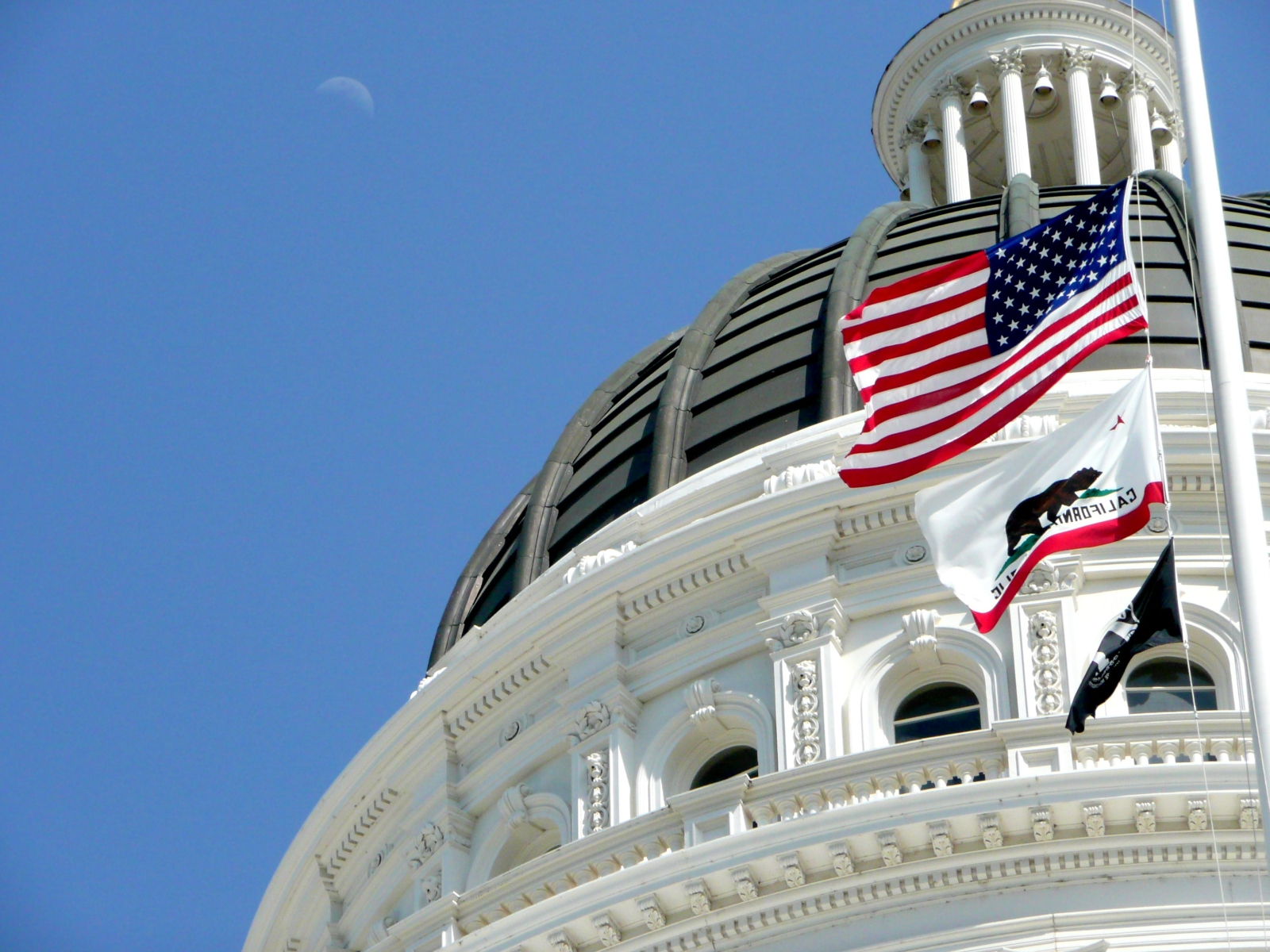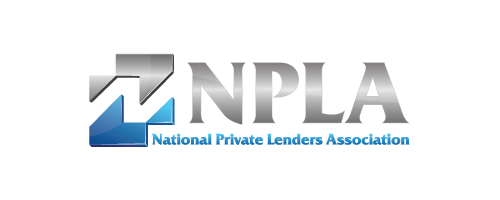The Latest on Sacramento’s Response to the LA Wildfires

Authored by Robert Finlay, Esq. of Wright, Finlay & Zak, LLP
While many may argue that the politicians in Sacramento did not do enough to prevent the LA fires, one thing is sure – they are very active now, trying to legislate ways to help those impacted by January’s devasting fires. Some of these proposed actions are short-term, but others could stick with the Golden State for years to come.
Below is a brief summary of orders and proposed bills that are intended to address concerns for those impacted by the LA wildfires. Please keep in mind that the political response to the fires it very fluid so please feel free to check in for the latest updates.
Orders that are currently in effect:
- Governor’s executive order N-7-25 – prohibits unsolicited offers to purchase property within certain zip codes. For lenders and servicers, be careful as offering a borrower a Deed In Lieu of foreclosure could be interpreted as an unsolicited offer to obtain the property.
- Governor’s Plan (agreed to by many of the big lenders) – 90-day grace period on payments. Likely to be extended.
Proposed Bills
- AB 238 – 180 day forbearance, with the borrower’s right to extend up to another 180-day forbearance for anyone directly impacted by the fires. A coalition of lenders, including the credit union, banks, mortgage lenders, private lenders and more, are working with the bill’s author to make the language more workable. Language and concepts being debated include:
- Who is protected. The initial version applied to anyone “directly or indirectly financially impacted” by the fires. Current language applies to homeowners whose homes are uninhabitable as a result of the fires.
- What types of loans are impacted. The bill was initially limited to consumer owner-occupied loans. The author is now looking to expand it to “mom and pop” landlords. Either way, it appears that the loan will be limited to residential 1-4 units.
- Hardship documentation. The author seems wedded to the notion that the borrower does not have to provide any proof of financial hardship. Industry groups would like some basic proof or, at least, attestation under penalty of perjury by the borrower.
- Right to verify hardship after initial 180 period.
- Ability for servicers to follow investor guidelines.
- Whether the borrower must repay the forborne payments in a lump sum after the forbearance period expires. Initially, the servicer was only required to provide notice to the borrower that a lump sum would be required. The focus appears shifting such that borrowers will not have to immediately repay the missed payments.
- We won’t know the final version for several more weeks, but what we know for sure:
- Some variation of this bill will pass;
- It will include a fc and eviction moratorium; and
- It will be effective immediately.
- AB 246 – Freeze on rents (and just about everything else) during any State of Emergency. This bill appears to be flying below the radar right now; but could cause immense problems if passed in its current form. The purpose of the bill is admirable – instead of knee jerk reactions to each California emergency, the author of AB 246 proposes a freeze on rents and other essentials that would kick in any time there is a State of Emergency is declared at the state or local level. In addition to the onerous restrictions and tedious procedures, the bill would open up opportunities for any county or city to declare its own State of Emergency, effectively freezing prices. While well-intended, AB 246 is ripe for abuse if passed.
- AB 493 – requiring interest on insurance proceeds held by servicers (similar to how interest is required on escrow funds in CA).
Again, these bills are changing weekly, if not daily. And, there are sure to be more bills proposed. Please feel free to reach out to [email protected] if you need an update or if you have any questions.
If you have any questions or need help navigating the various State, City, or County regulations, please feel free to contact the NPLA at [email protected]
